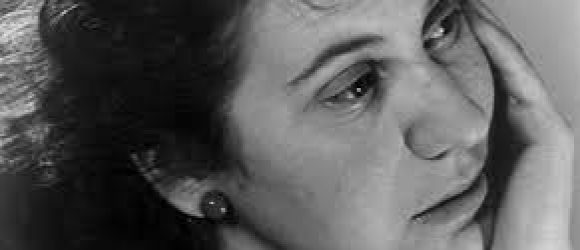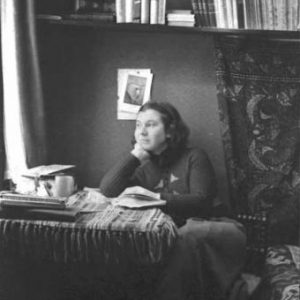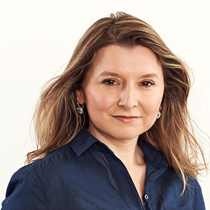Inspiring lives

The world seems to be on its knees right now. Sorrow abounds, and a sense of futility and despair in the face of so much human suffering. I understand. Seeing the images of stricken children in Syria last week undid me, along with most people. Apart from the practical ways we can help (I donate to Oxfam every month, some amazing Facebook friends are on the frontline with refugees), we each must find our own way to process these events. As always, I find hope in stories, in particular, the stories of individuals who’ve endured deepest pain with compassion intact—they’ve borne witness without closing their hearts, even though in many cases, tragically, they did not survive the persecution they recorded.
I believe these illumined souls carry a piece of the puzzle that will heal the world. The gifted Etty Hillesum was one. A Jewish woman living in Amsterdam, she poured her soul into eight diaries between 1941-42, documenting how her world darkened as Nazi oppression spread into Holland. In one entry, after a Gestapo officer threatened her, she wrote, “I am not easily frightened. Not because I am brave but because I know that I am dealing with human beings and that I must try as hard as I can to understand everything that anyone ever does … I felt no indignation, rather a real compassion, and would have liked to ask: ‘Did you have a very unhappy childhood, has your girlfriend let you down?’”
On July 1, 1942, she recorded a kind of prophetic vision: “I am in Poland every day, on the battlefields, if that’s what one can call them. I often see visions of poisonous green smoke; I am with the hungry, with the ill-treated and the dying, every day, but I am also with the jasmine and with that piece of sky beyond my window; there is room for everything in a single life.”

Bearing witness: Etty Hillesum
When a roundup of Jews took place, Etty volunteered to go with them to the work camp, Westerbork, the last stop before Auschwitz. Etty, who had certain privileges, could move freely between the camp and Amsterdam, so she transported letters and medicine to and fro, ignoring many possibilities for escape. Finally transported to Auschwitz with her brother and parents, she is said to have thrown a postcard from the window that said, “We have left the camp singing.”
Etty was 29 when she died at Auschwitz less than three months later—her family also perished. What strikes me is that, somehow, her inner light was never dimmed. “I know about the mounting human suffering. I know the persecution and oppression and despotism and the impotent fury and the terrible sadism. I know it all,” she wrote in her diary. “And yet—at unguarded moments, when left to myself, I suddenly lie against the naked breast of life and her arms round me are so gentle and so protective … That is my attitude to life and I believe that neither war nor any other senseless human atrocity will ever be able to change it.”
My prayer is that more of us—all of us—learn to live as instruments of peace. Such is how we can contribute. “We should be willing,” as Etty wrote in her final diary entry, “to act as a balm for all wounds.”
Sources:
https://jwa.org/encyclopedia/article/hillesum-etty
Sacred Journeys: A Woman’s Book of Daily Prayer, by Jan L. Richardson (Upper Room Books, 1995).





